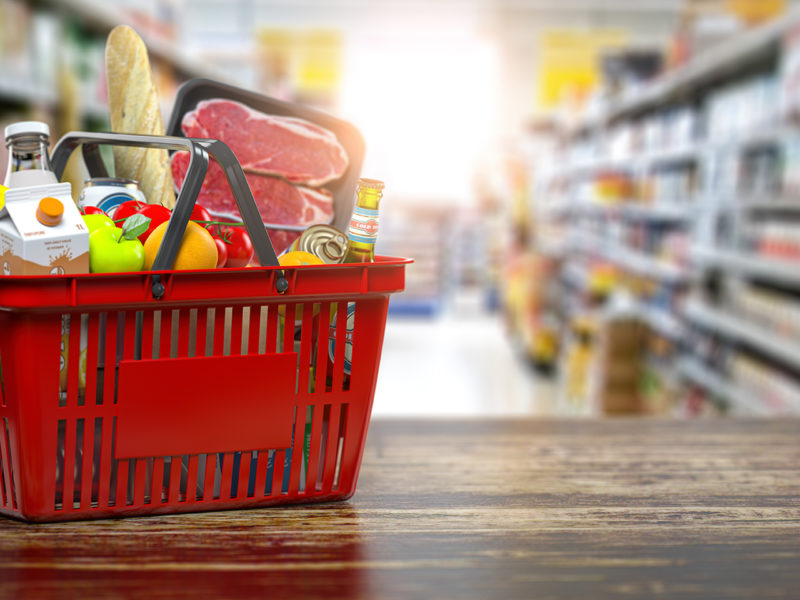An annual forecast of food price trends across Canada is once more predicting higher grocery prices in BC, but the province hasn’t lived up to past expectations.
The current edition of Canada’s Food Price Report, led by Sylvain Charlebois of Dalhousie University, draws on the research of teams at the University of Guelph, University of Saskatchewan and UBC. It forecasts an overall increases of 5% to 7% in food prices, with BC expected to see increases greater than the national average. Dairy products lead the charge with anticipated increases of 6% to 8% while meat and seafood are set to hold the course with increases of no more than 2% in 2022.
But Rick Barichello, a professor of food and resource economics at UBC who contributed to the report, urged caution, noting that meat has posted one of the largest leaps in 2021. He expects more of the same in 2022.
However, this will be offset by a resilient food system in BC that has continued to deliver affordable food at prices that didn’t escalate as fast as researchers expected. According to the report, the average increase this past year was just short of 4%.
“When things go up in one area, the supermarkets find other sources,” he said, noting that the big grocers are good at pinching their suppliers to keep consumer prices in check. “I’m not sure all of what they’ve been doing, but they’ve been quite successful in all this to keep those food prices this past year as low as they are.”
Since some of the gains in meat and milk have been impacted by commodity prices, Barichello fears there could be a supply response that pushes prices down. This could create challenges for some growers, but the relative stability of prices means consumers are largely insulated from what happens on the farm.
“The message is we’ve got inflation running in Canada around close to 5%,” says Barichello. “This year food prices went up by almost 4%, slightly less, and our report says food prices will continue to increase.”


 Outstanding service acknowledged
Outstanding service acknowledged